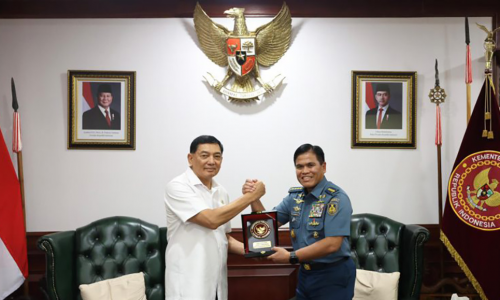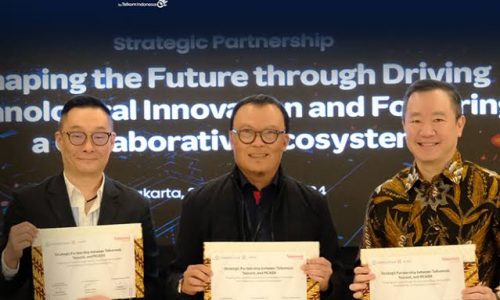PT Bank Mandiri has announced that it will gradually halt funding for companies that lack a roadmap for energy transition and decarbonization, a move associated with Indonesia’s commitment to achieving net zero emissions by 2060.
Senior Vice President of the Environmental, Social, and Governance (ESG) Group at Bank Mandiri, Citra Amelya Pane, emphasized the importance of companies having a clear strategy for decarbonization to secure financing from the bank.
“If they do not have the right pathway or strategic plan for decarbonization or energy transition to support Indonesia, then they will not receive funding at all,” Citra said during an event in Senayan, Jakarta, on Thursday, July 18, 2024.
However, Bank Mandiri will not immediately cut off funding to existing clients who are still generating carbon emissions. Instead, the bank will collaborate with these clients to reduce their emissions in line with the government’s target of net zero emissions by 2060.
“Our approach is not to abruptly stop providing credit to zero. Instead, our future clients must have an energy transition plan that aligns with Indonesia’s goals,” she said.
Commitment to net zero emissions
Alexandra Askandar, Vice President Director of Bank Mandiri, reaffirmed the bank’s commitment to net zero emissions by 2060, or potentially sooner. The state-owned enterprise aims to achieve net zero emissions in its operations by 2030.
To support this target, Bank Mandiri established an ESG division in 2022, under Alexandra’s leadership. This division acts as a control tower to ensure the integration of ESG aspects into the bank’s business and operations.
“We hope this will build a different perception, especially among investors, that the implementation of ESG at Bank Mandiri is serious, and it is directly supervised by the Vice President Director,” Alexandra said.
Bank Mandiri is also engaging its clients in implementing ESG principles. This effort is reflected in the development of an ESG desk within Corporate Banking, which serves two primary functions.
First, it acts as a client center offering innovative sustainable financial solutions, including green/social loans, sustainability-linked loans (SLL), corporate-in-transition financing, and ESG advisory services.
Second, the ESG desk functions as an incubator for expertise, laying a strong foundation for Relationship Managers to interact effectively with clients. Alexandra highlighted the importance of this dual approach in promoting sustainable practices among the bank’s clientele.









